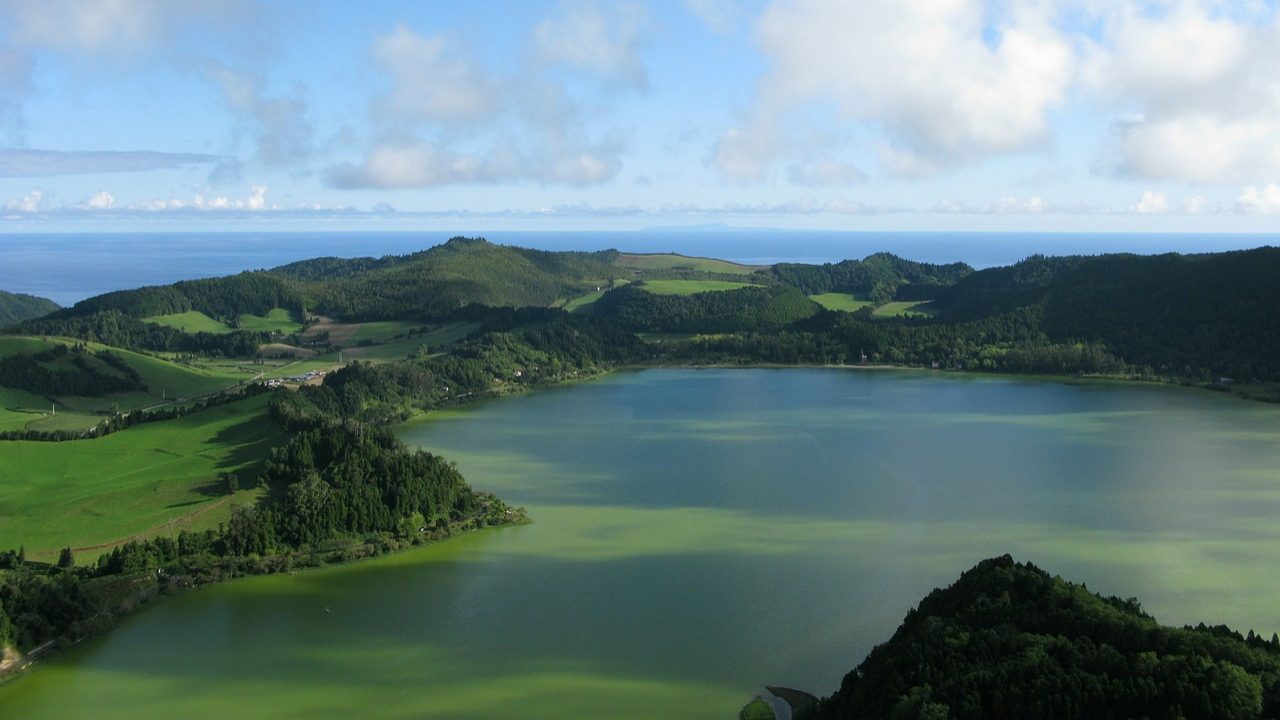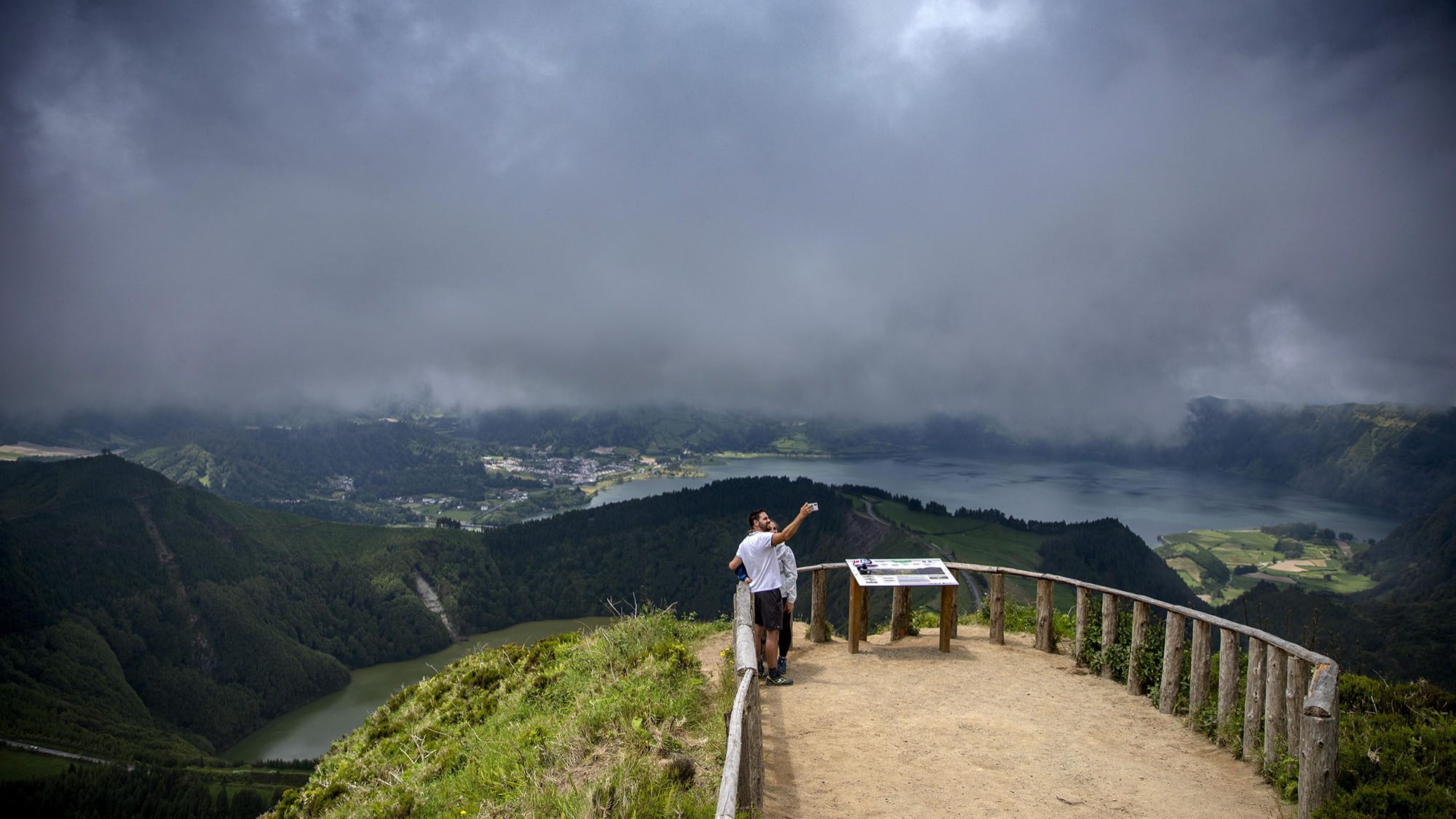Marine ecotourism brings €210M to the Azores per year
Whale watching "accounts for about 87% of the total number" of marine ecotourists in the Azores and "corresponds to more than 70% of the economic impact" studied.
Tourists who go whale watching, diving and big game fishing in the Azores bring about 210 million euros a year to the archipelago’s economy, biologist Adriana Ressurreição told Lusa on Thursday.
“Taking into account only the dedicated tourists [who come to the region on purpose], these activities generate an impact of 80 million euros per year. If we take into account all the people who have done these activities in the Azores, their economic impact could reach 210 million euros,” the biologist, one of the authors of a study published in 2022 on the economic impact of marine ecotourism in the archipelago, told Lusa.
Signed by eight researchers from marine centres and universities from the Azores, Faro, Coimbra and Edinburgh (Scotland), including the former maritime affairs minister, Ricardo Serrão Santos, the study assesses the impact of three of the most sought-after sustainable maritime-tourism activities on the archipelago: whale watching, diving and big game fishing (recreational fishing for large fish).
Based on a “large-scale survey”, involving 1,740 tourists and 49 maritime-tourism operators (more than 90% of the active operators in the region), the researchers calculated the expenses of the activities undertaken, but also accommodation, food and other consumption (except the price of flights).
Whale watching “accounts for about 87% of the total number” of marine ecotourists in the Azores and “corresponds to more than 70% of the economic impact” studied.
“Whale watching is the activity that attracts the most visitors to the region and is the one with the most significant economic impact. There are more than 58,000 participants, while those who go diving are 7,764 and those who do ‘big game fishing’ are less than a thousand”, said Adriana Ressurreição.
However, most of the tourists who go diving and big game fishing choose the Azores specifically for these activities.
“They are the ones with the highest percentage of dedicated tourists. They wouldn’t have gone to the Azores if it wasn’t really to do these activities. In the case of divers, we are talking about 78% and in the ‘big game fishers’ 74%. In the case of whale watching, only less than a third went to the Azores with that purpose”, explained the researcher from the Centre for Marine Sciences at the University of the Algarve.
The level of specialisation required in these two activities is greater and the costs are normally higher.
“A ‘big game fisher’, for a stay of around eight days, leaves more than 7,000 euros in the region”, revealed the study’s author.
Besides being activities “that take nothing from the environment”, whale watching, diving and big game fishing have a “differentiated tourist profile that leaves more money in the region”.
“Comparing a normal non-differentiated visitor and a marine ecotourist, we see that the stays are longer for the marine ecotourist and that their spending pattern, the money they spend in the region, is considerably higher, sometimes more than double,” Adriana Ressurreição stressed.
The amount left in the region by tourists who sought out the Azores specifically to carry out these three activities (80 million euros) corresponds to “around 2.2% of the regional Gross Domestic Product (GDP)”.
According to the study, whale watching, diving and big game fishing “generate between 400 and 500 direct jobs” in the archipelago, although more than half (68%) are seasonal (between three and six months).


